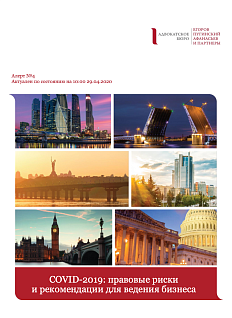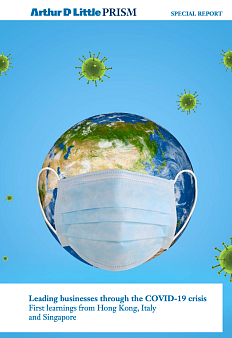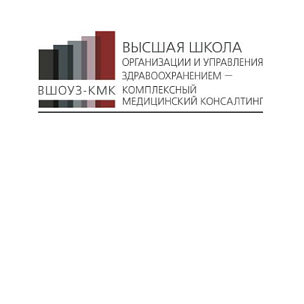In this publication, Accenture studies the transformation of commerce in the context of a rapid change in shopping patterns and consumer habits triggered by the COVID-19 pandemic. Also, Accenture suggests how companies might be able to adapt to the Quarantine Economy.
COVID-19 has turned into a global crisis, evolving at unprecedented speed and scale. It is creating a universal imperative for governments and organizations to take immediate action to protect their people. Due to self-quarantine and social distancing, new habits and behaviors are forming that in many cases are not likely to go away after the crisis passes. For customers, the most immediate impact is fear, not just for their personal health but also for the economic impact. Businesses have been disrupted significantly, and in many cases, permanently. Still, there exists an opportunity to double down on digital commerce. As organizations adapt, their watchwords must be trust, relevance, and convenience.
The Roscongress Foundation presents the salient points of the publication accompanied by fragments of broadcasts of relevant panel discussions from the business programme of international events held by the Roscongress Foundation.
To adapt to the Quarantine Economy, companies, especially B2B organizations who have viewed digital commerce as a secondary channel, now need to reorient every aspect of their business towards a digital commerce mindset.
At the moment, the full impact of the coronavirus crisis on the economy remains hard to assess. Both Direct-to-Consumer and B2B organizations are scrambling to meet immediate and emergency needs.

While the new reality represents an opportunity to grow revenue, attract new customers and drive channel shift, it depends on digital channels and capabilities having appropriate scale and stability to handle the crush. Businesses must flex quickly to capture the opportunity, and systems must be prepared to withstand the increased loads.
Companies that are truthful, transparent, and client-focused will find it easier to overcome the crisis.
There is unprecedented confusion on what, where, and how to buy things andwith many causes for lack of trust, from price-gouging to misinformation to complete inability to find essentialspeople are gravitating towards companies and brands that are truthful, transparent and, most importantly, adhere to a client-focused approach.
These principles extend both through the consumer channels and how they engage with retailers, as well as into Business-to-Business relationships and how companies work with their distributors, wholesalers, or manufacturing direct suppliers.
To meet the surging demand, companies must stabilize their digital channels, platforms, and infrastructure.
Accenture compares the accelerated demand triggered by the pandemic and the containment measures with Cyber Mondaylasting for many days. The latest figures from the USDAs Economic Research Service found that in 2018, food purchased away from home in the US accounted for 54% of total food expenditure.
With the closure of cafes, restaurants, bars and hotels and the grounding of airlines, much of this demand will need to be met by the grocery sector, online. Thats the new reality as mass quarantines and unpredictable retail stock availability cause online commerce to skyrocket.
The Quarantine Economy compels companies to reconfigure and extend their products, services, merchandise, partnerships and ecosystems.
With the closure of retail establishments, and the disruption of supply chains, the rules for merchandise and inventory have fundamentally shifted. Historical data on what sells online vs. offline is out the window. Companies now have a lot of inventory that they are sitting on in retail outlets that they need to figure out how to get online.
Businesses that have historically invested in digital commerce sales tools will likely have an easier time adjusting to the Quarantine Economy, and those that have only made moderate strides to digitize will be more greatly disrupted. For example, traditional autoauction houses are shutting down, and online auctions are becoming the normeven in a reduced volume business, those that are digital prepared are seeing increases.
For more information about possible ways to stabilize the economy during a pandemic, please see the StayHomeEconomy special section of the Roscongress information and analytical system, and the Retail trade, Digitalization, and Consumer Sentiment sections about transformation of retail trade and quest for new concepts of a unique product offer.






